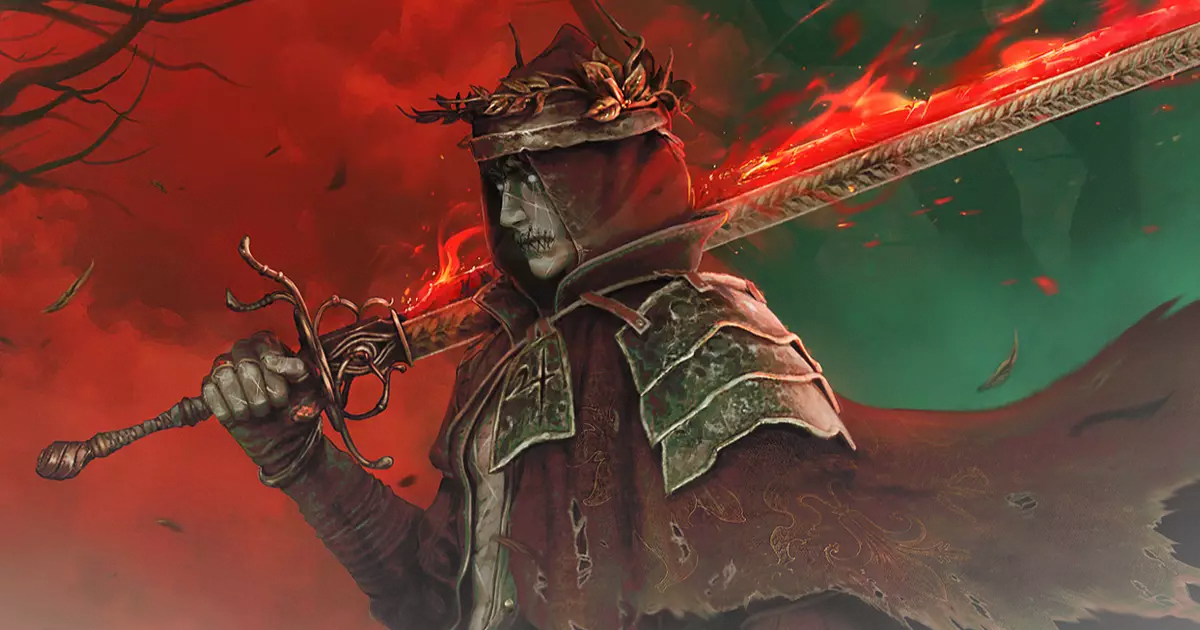The upcoming action-RPG by Jyamma Games boldly claims inspiration from Dante Alighieri’s *La Divina Commedia*—a towering masterpiece of medieval literature that shaped Western poetic tradition. Rather than a straightforward homage, the developers are transforming Dante’s allegorical journey into an immersive universe where players traverse the infernal realms, battling demons, collecting resources, and customizing their gear. This is a daring reinterpretation that shifts the focus from introspective poetry to visceral gameplay, and it raises fundamental questions about the boundaries of literary adaptation in the gaming medium.
While some might dismiss this approach as trivializing one of humanity’s greatest poetic works, it’s worth noting that Jyamma’s design philosophy seeks to embed deep symbolism into gameplay mechanics, drawing parallels between Dante’s descent into Hell and the player’s own journey through procedurally generated dungeons. Their intent isn’t merely to recreate the tragedy of *Inferno*, but rather to reinvent it as a mythic stage where combat, crafting, and choice form the pillars of narrative progression. However, whether this translation maintains the profound philosophical underpinnings or devolves into mere spectacle remains to be seen.
Challenging the Tradition: Between Gothic Allegory and Hack-and-Slash
The game’s trailer hints at frenetic combat, weapon customization, and a gender-flexible protagonist—features that would look out of place in classical poetry. Critics might argue this commercialized approach risks diluting Dante’s nuanced exploration of sin, redemption, and moral growth. Instead, it seems tailored to appeal to a broad audience craving high-intensity action, rather than scholarly reflection. This is not necessarily a flaw but a deliberate choice that shifts focus from poetic meditation to kinetic gameplay.
What’s particularly intriguing is the addition of procedural extraction dungeons—an unexplored concept in Dante’s original universe. Traditionally, Hell in the *Inferno* is a carefully structured moral landscape, not a randomized loot farm. Incorporating roguelike elements to “mine” the depths of Hell for resources suggests a commodification of sin and virtue, turning the spiritual into the material. This raises a provocative question: Can a game that harvests the allegorical richness of Dante’s work also serve as a profit-driven grind? Or does it signal a fundamental misstep in respecting the source material’s depth?
The Mythic Foundations and Cultural Risks
At its core, Jyamma’s project seems to aim at elevating Dante from a literary figure to a mythic archetype—a universal symbol of human hubris and spiritual peril. The game’s premise, hinting at a “golden age of righteousness” supplanted by dark forces, echoes classic mythic conflicts, but in a context that immerses players in a universe driven by gameplay rather than theology. This reinvented mythos can offer fresh allegorical layers if handled with care, but it also runs the risk of trivializing the profound moral philosophy woven into Dante’s original.
Furthermore, the decision to include customizable weapons and combat classes suggests an intent to empower players with agency, yet it may undermine the original poetic structure that emphasizes humility and moral introspection. The question is whether this version offers a meaningful metaphor for spiritual ascent or merely an arena for combat — something far removed from the soul-searching journey of Dante’s poem.
While the game industry has a history of adapting literary works, few have managed to balance intellectual homage with commercial appeal without losing the essence of the original. Jyamma’s ambitious project holds the potential to reinterpret Dante’s epic myth for a new generation, but it must navigate the perilous terrain of commercialization without sacrificing its soul. With no confirmed release date, it remains a tantalizing project poised at the crossroads of reverence and reinvention. Whether it will be a groundbreaking fusion or a mere flash of spectacle depends on how deeply the developers commit to preserving the philosophical marrow of the Divine Comedy amid the demands of modern gaming tropes.

